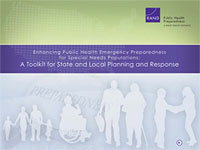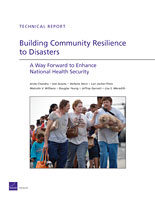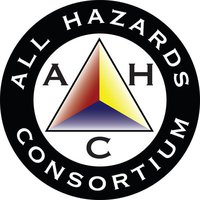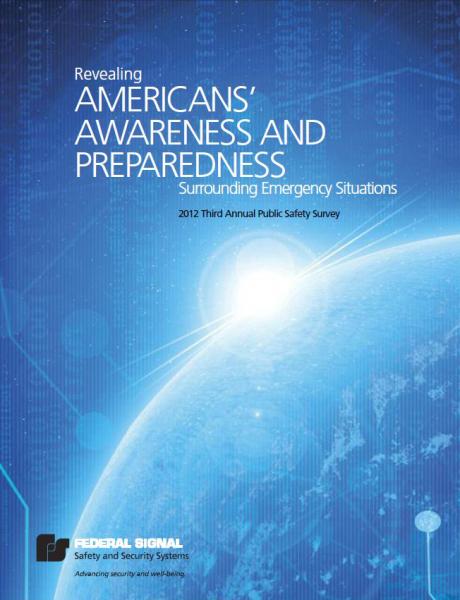submitted by Samuel Bendett
homelandsecuritynewswire.com - August 7th, 2012
Increasing the U.S. resilience to natural and human-caused disasters will require complementary federal policies and locally driven actions that center on a national vision, says a new report from the National Academies. The report, Disaster Resilience: A National Imperative, says that improving resilience should be seen as a long-term process, but it can be coordinated around measurable short-term goals that will allow communities to better prepare and plan for, withstand, recover from, and adapt to adverse events.
“Without innovations to improve resilience, the cost of disasters will continue to rise both in absolute dollar amounts and in losses to social, cultural, and environmental systems in each community,” said Susan L. Cutter, director of the Hazards and Vulnerability Research Institute at the University of South Carolina and chair of the committee that wrote the report. “Enhancing our resilience to disasters is imperative for the stability, progress, and well-being of the nation.”
(VIEW COMPLETE ARTICLE)





 rand.org - by Lori Uscher-Pines, Anita Chandra, Joie Acosta, Arthur L. Kellermann - June 29, 2012
rand.org - by Lori Uscher-Pines, Anita Chandra, Joie Acosta, Arthur L. Kellermann - June 29, 2012
 submitted by Ben Sheppard
submitted by Ben Sheppard
Recent Comments